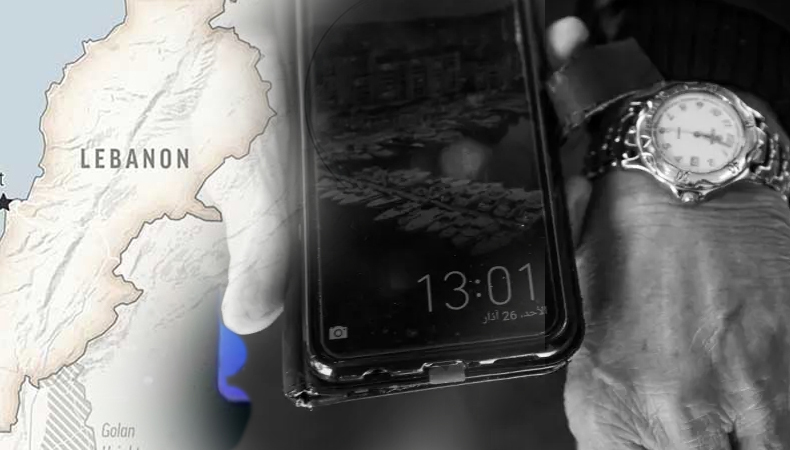Row over daylight saving splits Lebanon into two time zones, deepens religious division

The Lebanese government’s last-minute decision to push the start of daylight savings time by a month has resulted in mass confusion. With some institutions refusing to implement the change while others going with the flow, numerous Lebanese in the same small country have found themselves juggling work and school schedules in different time zones.
In alignment with most European countries, Lebanon usually sets its clocks forward an hour on the last Sunday in March. However, the government on Thursday announced a decision by caretaker Prime Minister Najib Mikati to delay the start of daylight savings until the end of the Muslim holy month of Ramadan.
While no reason has been revealed behind the decision, a video between Mikati and Nabih Berri, showed the parliament speaker asking the prime minister to push the implementation of daylight savings time to allow Muslims in the country to break their Ramadan fast an hour earlier. The split has led to jokes about “Christian time” and “Muslim time”.
Read | Snapchat promises new lineup of over 100 shows for Ramadan
In some cases, the row took on a sectarian nature, with a number of Christian politicians and institutions rejecting the move. Even scores of Muslims have objected to the change, highlighting the point that regardless of time zone, the Ramadan fast was supposed to start at dawn and conclude at sunset.
Following the announcement, Middle East Airlines, Lebanon’s state airline, pushed the departure times of all flights scheduled to leave between Sunday and April 21 from the Beirut airport by an hour. While public institutions, in theory, are bound to implement the changes, several private institutions announced they would move to daylight savings on Sunday as previously scheduled.
The intense row has triggered massive confusion in Lebanon. Following the decision, Haruka Naito discovered she has to be in two different places at the same time on Monday. Her 8 am appointment for residency paperwork with a government agency and a 9 am Arabic class with an institute expected to make the switch will now happen at the same time.
Many saw the issue as a distraction from Lebanon’s larger political and financial problems. The country is encountering the worst economic crisis in its modern history. It has been without a President since late October as the parliament has been unable to elect a replacement since. Without effective action, the Mediterranean country could be heading for hyperinflation.




